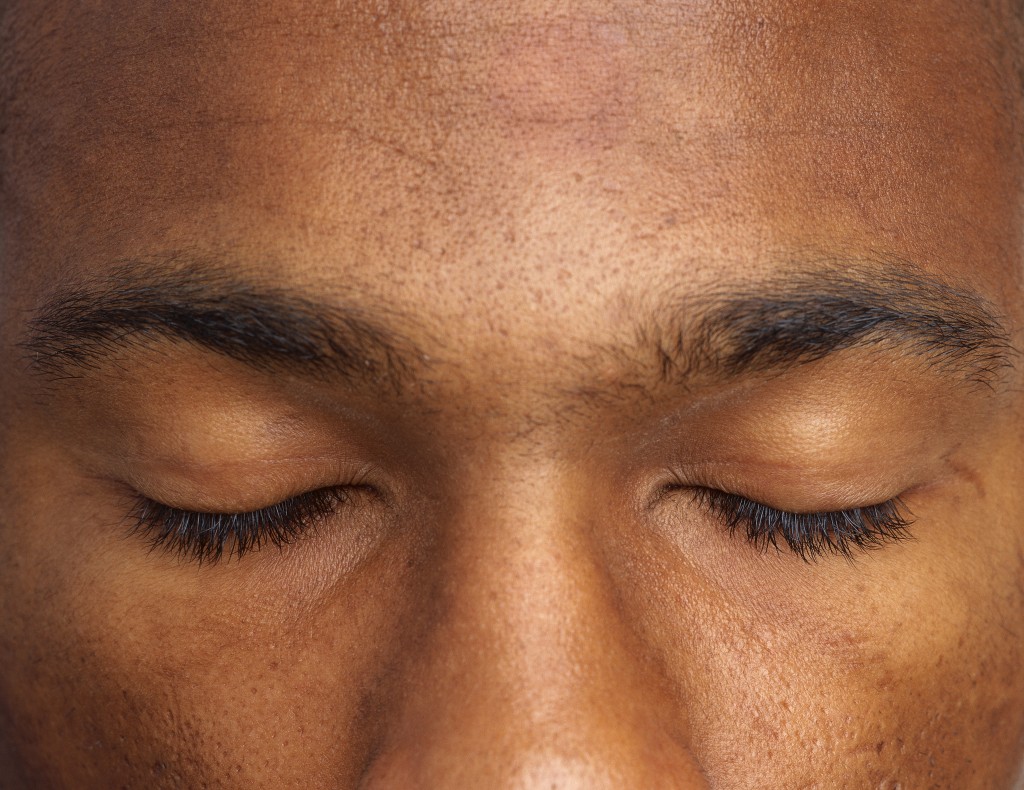 As discussed in the overview of dialectical behavior therapy (DBT), the first of the four primary DBT modules is core mindfulness. Derived largely from Eastern zen philosophies and Western contemplative practices, mindfulness forms the foundation for the other three DBT modules of interpersonal effectiveness, distress tolerance, and emotion regulation.
As discussed in the overview of dialectical behavior therapy (DBT), the first of the four primary DBT modules is core mindfulness. Derived largely from Eastern zen philosophies and Western contemplative practices, mindfulness forms the foundation for the other three DBT modules of interpersonal effectiveness, distress tolerance, and emotion regulation.
Mindfulness is the practice of observing one’s emotions and environment, describing feelings and experiences, and fully participating in the moment. By learning and incorporating mindfulness skills, clients become more aware of their feelings, thoughts, impulses, and behaviors. This awareness empowers the individual to better regulate his or her emotions and choose more appropriate actions.
Three States of Mind
A central concept of core mindfulness in DBT is that there are three states of mind: the logical mind, the emotional mind, and the wise mind. In Cognitive-Behavioral Treatment of Borderline Personality Disorder, DBT founder Dr. Marsha Linehan explains that mindfulness helps achieve the wise mind state, which is a balance between the logical (or “cool”) state of mind and the emotional (or “hot”) state of mind. In the wise mind, the individual considers things rationally while factoring in his or her feelings. This enables the person to acknowledge intense emotions in a nonjudgmental manner while making healthier behavioral choices.
“What” and “How” Mindfulness Skills
In DBT, the practice of core mindfulness is taught through “what” skills and “how” skills, i.e., what can we do to become mindful and how should we do it? The three “what” skills are observing, describing, and participating. The observing skill refers to observing the current environment and events, as well as the client’s own sensations, thoughts, and feelings—without describing or judging him or her. This process helps prevent impulsive reactions and the triggering of negative emotions and internal dialogues.
The second step is to describe what has been observed and experienced, being careful to express facts rather than interpretations. For example, the client might say, “I am feeling frustrated with the complexity of this project,” rather than, “I am too stupid to complete this project.”
The third “what” skill is participation, wherein the individual is fully engaged in the present moment. The focus is on the discussion one is engaged in, or the event he or she is attending, rather than allowing the mind to wander about past incidents or future possibilities—which generally increases feelings of agitation.
In practicing the “what” skills, it is critical to employ the “how” skills, which explain how to perform the “what” skills: nonjudgmentally, one-mindfully, and effectively. The nonjudgmental skill helps neutralize the common tendency to label experiences and feelings as “good” or “bad.” In applying this skill, the individual describes the key facts of the experience rather than his or her feelings and judgments about it.
The second “how” skill, one-mindfulness, refers to focusing 100% attention on the present situation rather than multitasking—in other words, participating mindfully as opposed to mindlessly. This skill is helpful in breaking the habit of dwelling on negative thought patterns, which tends to prolong and aggravate distressing emotions.
Finally, the effectiveness skill enhances the capability to select behaviors that are consistent with achieving goals rather than deliberating on what is fair or unfair, and how things “should be.” The idea is to take productive and goal-oriented actions instead of being caught up in a cycle of negative thinking and behaviors.
Mindfulness can be a challenging skill for some people to develop. Many of us have become accustomed to focusing on something that has already happened or may occur in the future, rather than what is happening right in front of us. With training and practice, however, core mindfulness enables clients to become more flexible in their thinking and avoid being controlled by their emotions. It can help reduce the tendency to react negatively based on internal triggers, allowing clients to be fully present in the moment and engage in more productive behaviors.

The preceding article was solely written by the author named above. Any views and opinions expressed are not necessarily shared by GoodTherapy.org. Questions or concerns about the preceding article can be directed to the author or posted as a comment below.

 Distress Tolerance in Dialectical Behavior Therapy
Distress Tolerance in Dialectical Behavior Therapy Managing Your Emotions Through Dialectical Behavior Therapy
Managing Your Emotions Through Dialectical Behavior Therapy Imagine Not Worrying: How to Stop Scaring Yourself
Imagine Not Worrying: How to Stop Scaring Yourself

